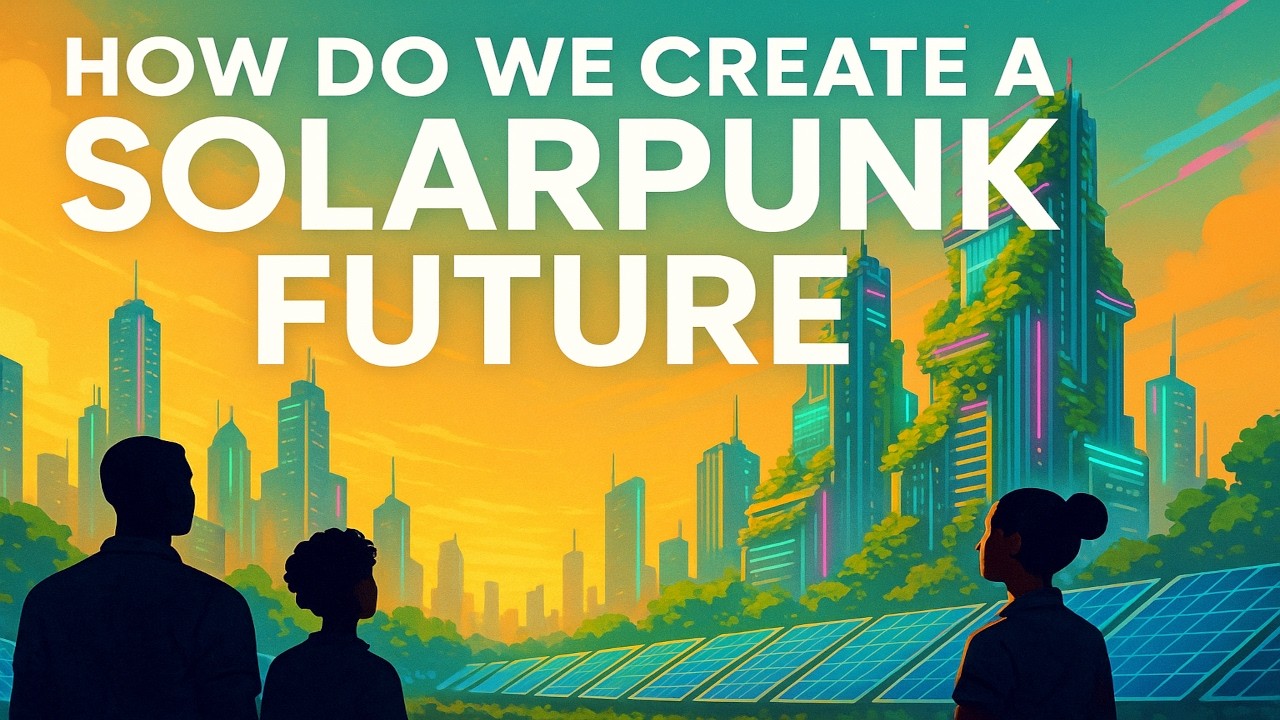The video examines how automation and AI are transforming labor markets, leading to increased inequality and the erosion of the middle class, while proposing innovative economic models like Universal Basic Income, social wealth funds, and cooperative ownership to redistribute wealth and empower communities. It also explores the role of digital technologies in fostering new forms of economic participation and emphasizes the need for deliberate policy and collective action to create an equitable, post-labor future focused on human creativity and agency.
The video explores the profound impact of automation and AI on the future of work, emphasizing that technological change is not merely a threat but a potential opportunity to fundamentally rethink economic systems. Automation has significantly reshaped labor markets since the 1980s, contributing to wage stagnation and growing inequality, particularly in developed countries like the United States. The displacement of routine middle-skill jobs has led to job polarization, with growth concentrated in high-skill, high-wage roles and low-skill, low-wage service jobs, eroding the traditional middle class. This shift has also reduced labor’s share of national income, concentrating wealth among capital owners and raising urgent questions about economic security and agency in a post-labor economy.
To address these challenges, the video highlights various innovative models and interventions aimed at redistributing wealth and broadening ownership. Universal Basic Income (UBI) and Universal Basic Dividend (UBD) are discussed as foundational safety nets, with real-world trials showing benefits like reduced stress and improved health outcomes. Social wealth funds, inspired by examples like Norway’s sovereign wealth fund, propose collective public ownership of assets to generate dividends for citizens. Other approaches include land value taxes funding community dividends and capital endowment programs such as baby bonds, which provide individuals with initial asset grants to reduce wealth inequality. These models seek to decouple well-being from traditional wage labor and ensure broader participation in economic prosperity.
Beyond redistribution, alternative ownership structures are presented as crucial for empowering communities and workers. Community land trusts and housing cooperatives maintain long-term affordability by separating land ownership from buildings, preventing speculative price increases. Worker cooperatives, where employees collectively own and govern businesses, offer a democratic alternative to traditional corporate models, with successful examples worldwide. These models shift power and wealth distribution by making more people owners rather than mere employees or tenants, fostering economic security and agency at local and individual levels.
The video also delves into the potential of digital technologies like blockchain, decentralized autonomous organizations (DAOs), and self-sovereign identity (SSI) systems to create new forms of economic participation and civic agency. These technologies promise enhanced transparency, privacy, and democratic governance but come with significant challenges around power concentration, legal recognition, and digital literacy. Data unions and projects like Worldcoin illustrate both the promise and risks of leveraging digital identity and data as economic assets, highlighting the need for intentional design to prevent exploitation and ensure inclusivity.
Finally, the video situates these technological and economic shifts within a broader historical context, reminding viewers that societies have previously navigated massive transformations through political will, clear vision, and coalition-building. Examples from post-war America, Meiji Japan, and South Korea demonstrate how coordinated state action and shared missions can drive rapid economic and social change. The future envisioned is one where human roles focus on empathy, creativity, and complex judgment, supported by meaningful leisure and purpose beyond traditional labor. However, realizing this hopeful, equitable future requires deliberate policy choices, robust governance, and collective commitment to shape technology and economies for shared prosperity rather than allowing market forces to exacerbate inequality.
